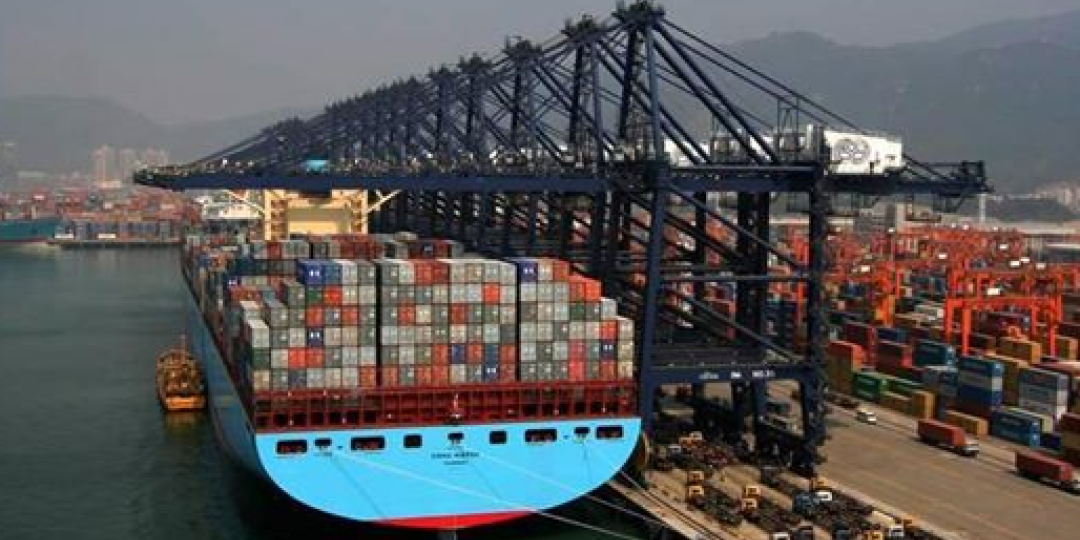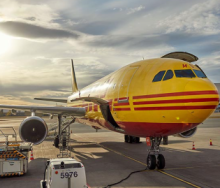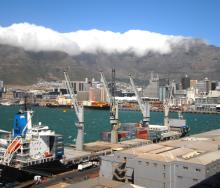South Africa’s position as the Gateway to Africa is under threat as other countries gear up to exploit its vulnerabilities – a rail network faltering from sheer ineptitude by the state-owned logistics utility and its road freight sector under pressure because of arson attacks.
Regarding the latter, 21 trucks have been burned since the first six set alight on Van Reenen’s Pass last Sunday night.
The chief executive officer of the Road Freight Association (RFA), Gavin Kelly, said other countries on the west and east coasts of Africa are ready to replace South Africa as an export option for minerals from landlocked ore producers.
They are improving or building infrastructure to enable themselves to take up the load as the previously dominant route to the Port of Durban, the N3, falters because of security issues.
The current spate of trucks set alight in South Africa only serves to play into the ambitions of these nations.
“South Africa will pay a high price in terms of investment and employment because of these problems,” Kelly said.
He said much freight moving through South Africa is for regional and international trade. Foreign players like the US and China have spent billions of dollars developing alternative routes through ports such as Beira and Maputo in Mozambique, Dar es Salaam in Tanzania, Walvis Bay in Namibia and Lobito in Angola.
These ports, once fully geared, will be able to service international markets through the west and east coasts of Africa.
Railways are being laid and other logistics requirements to move minerals and products through these alternatives are being realised.
He also said the cost of insurance had increased 1000% for road transporters after the 2021 insurrection, leaving them to decide whether to stay in business or not.
The burning of a vehicle and load could amount to between three and R7 million in losses, so each vehicle lost becomes an insurance liability and premiums will rise.
Should costs become prohibitive it will put transporters out of business, meaning less employment.
Sifiso Nyati of the All Truck Drivers Foundation (ATDF, representing unemployed local drivers and suspected of involvement in the recent attacks, denied involvement in the current problem.
“A task team was established about two years ago and the ATDF claim that their demands were not met, so they have undertaken to put its members into trucks. They feel nobody is listening to them,” Kelly said.
Police minister Bheki Cele said many local logistics companies operated with foreign nationals as drivers.
This was only one of the observations made by an Inter-ministerial Task Team looking into truck attacks in the country.
In a press briefing on Wednesday, Cele said one of the motives police are investigating for the current problems is the long-standing frustration over the freight industry hiring foreign drivers over local drivers.
He said it angers local drivers because they say drivers from other countries are employed for less, are exploited and enable transporters to avoid employing union-affiliated South African drivers.













